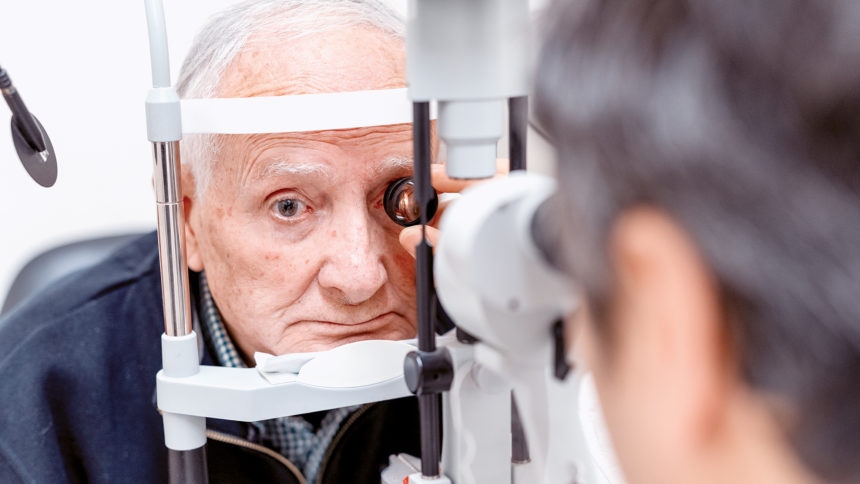
Older adults with vision impairments may be more likely to experience depression, anxiety and social isolation — issues that they may already face due to advanced age — a new study finds.
The report was published Thursday in JAMA Ophthalmology and included data from 2,822 U.S. adults over the age of 65 who are Medicare beneficiaries. All of the respondents were part of the National Health and Aging Trends Study rounds from 2019 and 2021.
Researchers defined vision impairment in either distance visual acuity (worse than 20/40), near visual acuity (worse than 20/40), or contrast sensitivity (worse than 1.55 logCS). People also gave self-reports on their vision status. The team used a questionnaire to assess depression and anxiety symptoms, and based social isolation status on an individual’s living arrangement, communication frequency and responses about activity participation.
Among respondents, the average age was 78.5, and 54.7% were female. Of them, 32.3% had vision impairment and 6.4% had self-reported vision impairment. People with depressive symptoms were 1.81 times more likely to have vision impairment, while those with anxiety were 1.74 times more likely to have sight problems. Those in severe isolation were more than twice as likely to have diagnosed vision challenges. Self-reported vision impairment was also linked to depression, anxiety and social isolation, the data showed.
The authors said that given the substantial impact of psychosocial functioning on adult health, it is important to have estimates to understand the links between vision problems and psychosocial health.
“In this study, vision impairment was associated with several psychosocial outcomes, including symptoms of depression and anxiety and social isolation,” the authors wrote.
“These findings provide evidence to support prioritizing research aimed at enhancing the health and inclusion of people with vision impairment,” they added.




